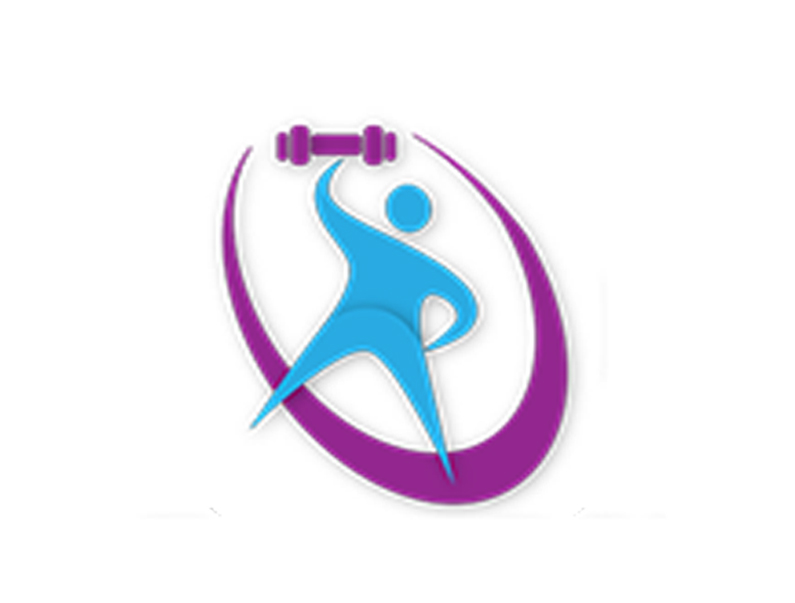BLOG 166 TYPES OF DOCTORS
The term “doctor” is quite general and all-encompassing when it comes to what these experts actually do in their fields of practice. There are so many elements to our bodies, which creates a need for doctors who specialize in several hundred subjects. On our fitness journeys, and as I study to become a Dr. in Health and Human Performance, I wanted to take a moment to discuss the most common types of these specialists so that we can seek help as needed.
Allergists/Immunologists – treat our immune system, food allergies, eczema, and asthma
Anesthesiologists – administer drugs that alleviate pain for surgeries and childbirth
Cardiologists- treat heart and blood issues such as heart attack, high blood pressure, or heart failure
Critical care – treat failing heart or failing organs typically after a bad accident
Dermatologists – hair, skin, nails
Endocrinologists – hormones and metabolism
Gastroenterologists – digestive organs
Geriatric Specialists – elderly
Hematologists – blood diseases
Internists – complex illnesses usually after your primary care refers you
Geneticists – genetic disorders
Gynecologists – women’s reproductive system
Nephrologists – nervous system (brain, spine, nerves)
Obstetricians – pregnant women
Oncologists – cancer specialists
Ophthalmologists – prescribe glasses or contacts, can treat eye diseases and medical conditions
Optometrists – more general eye exams
Osteopaths – uses more of a whole body natural approach
Otolaryngologists – ear, nose, throat, head, neck, plastic surgery
Pathologists – identifies through lab work the causes of diseases
Pediatricians – treat from birth to young adult
Podiatrists – ankles and feet
Psychiatrists – mental, emotional, addictive disorders
Rheumatologists- arthritis, joints, bones, muscles, tendons
Urologist – bladder
Megan Johnson McCullough – Health and Human Performance
We don’t necessarily want to go to a doctor, but hey, life happens and we may need to. They’re respected, well educated, specialists in what they do. They are healers and helpers for sure. Be insured, be proactive, and be informed on your fitness journey in order to let your body experience what it is like to actually feel good ?
